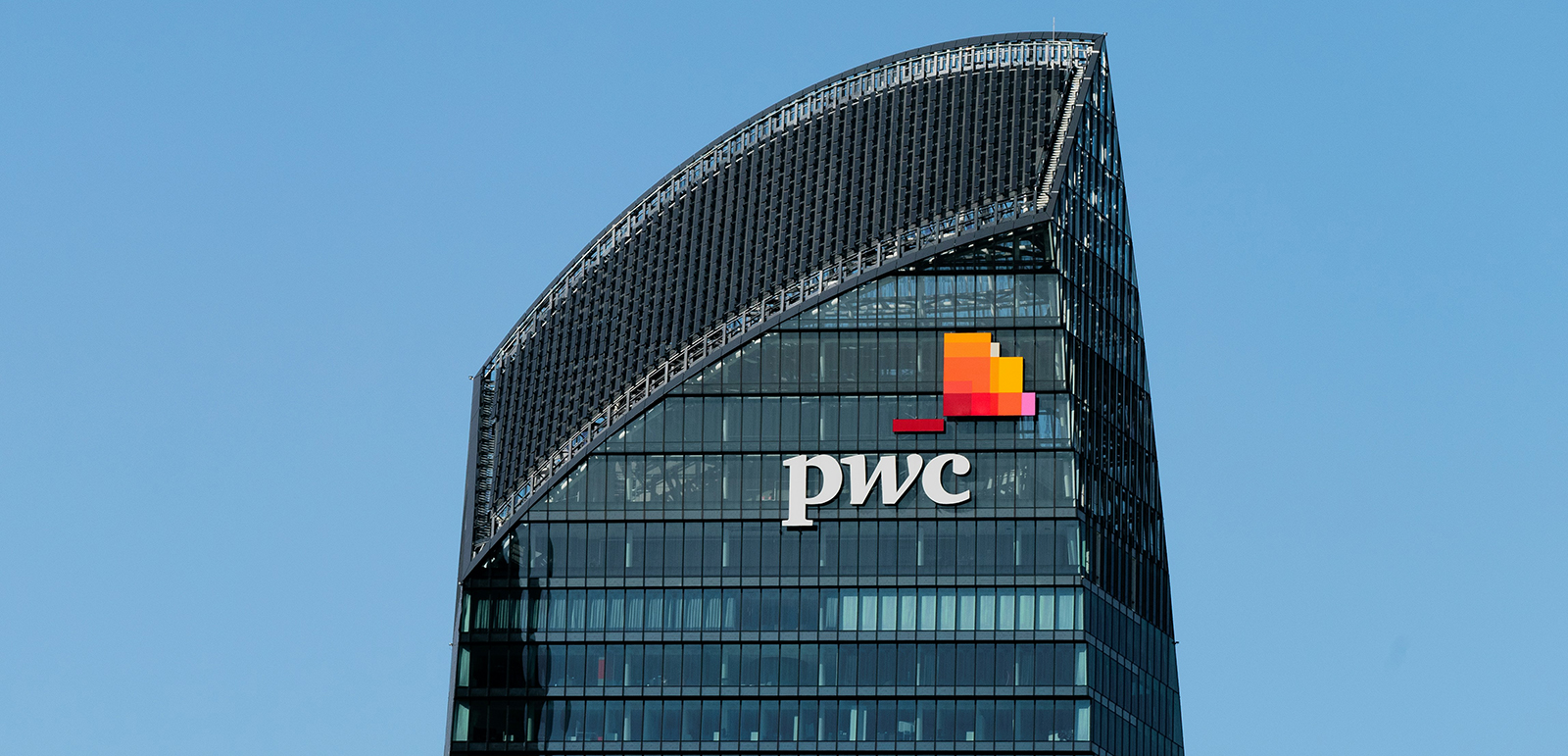Today the Royal Bank of Canada (RBC) released the next steps of its climate plans as part of its Task Force on Climate-related Disclosures (TCFD) 2021 report.
While there are some positive steps, overall RBC is falling behind in its efforts by failing to set 2030 targets for carbon-intensive sectors and by omitting the majority of its financed and facilitated emissions, contrary to its Net Zero Banking Alliance commitments and best practices. There is no attempt to address recent controversies regarding RBC’s financing of fossil fuel projects that violate Indigenous rights, nor to end financing of fossil fuel expansion in accordance with the Net Zero scenario of the International Energy Agency.
Said Matt Price, Director of Corporate Engagement with Investors for Paris Compliance (I4PC): “Today RBC failed to change course as Canada’s largest funder of fossil fuels with a go-slow approach in the face of the climate emergency. By not setting 2030 targets and underestimating its financed emissions, the bank is falling behind its competitors, which is disappointing to investors.”
Some highlights of RBC’s plans:
- Unlike its peers, there are no 2030 targets for the two most carbon intensive sectors, oil and gas and power, with RBC saying those will come next year.
- RBC’s early estimations of its financed emissions (45MtCOe) fails to account for clients’ Scope 3 emissions and is therefore a marked underestimation and not in keeping with RBC’s Net Zero Banking Alliance commitments. Furthermore, RBC says for its capital markets clients in high-emitting sectors, it won’t require Scope 3 reporting even through 2025.
- RBC also fails to estimate its facilitated emissions through underwriting, a major source of fossil fuel financing. Other banks like Barclays and JP Morgan are tackling this.
- There is no clarity around what RBC will require for clients’ transition plans, such as Scope 3 disclosure and capital expenditure alignment, and no commitment to transparency and reporting regarding clients’ progress to track the evolution of RBC’s portfolio.
- There is little by way of strategy to decarbonize financed emissions beyond ‘working with’ clients in vague ways. On a positive note, CEO Dave MacKay does say that “exiting relationships” is on the table for clients not measuring up.
- RBC’s policy guidelines for sensitive sectors and activities continues to be unaligned with the IEA Net Zero conclusion that no new fossil fuels are needed, and with the global consensus that coal financing should end in OECD countries by 2030 and globally by 2040.
- While RBC has set a laudable target of providing $500 billion in “sustainable financing” by 2025, RBC has not clearly defined what this means, including safeguards to ensure alignment with its net zero goals – RBC has been doing “sustainable” deals that in fact increase emissions – the subject of a shareholder resolution going to vote at the RBC AGM on April 7.
More context for Canadian banks net zero commitments can be found in the I4PC best practices report.



